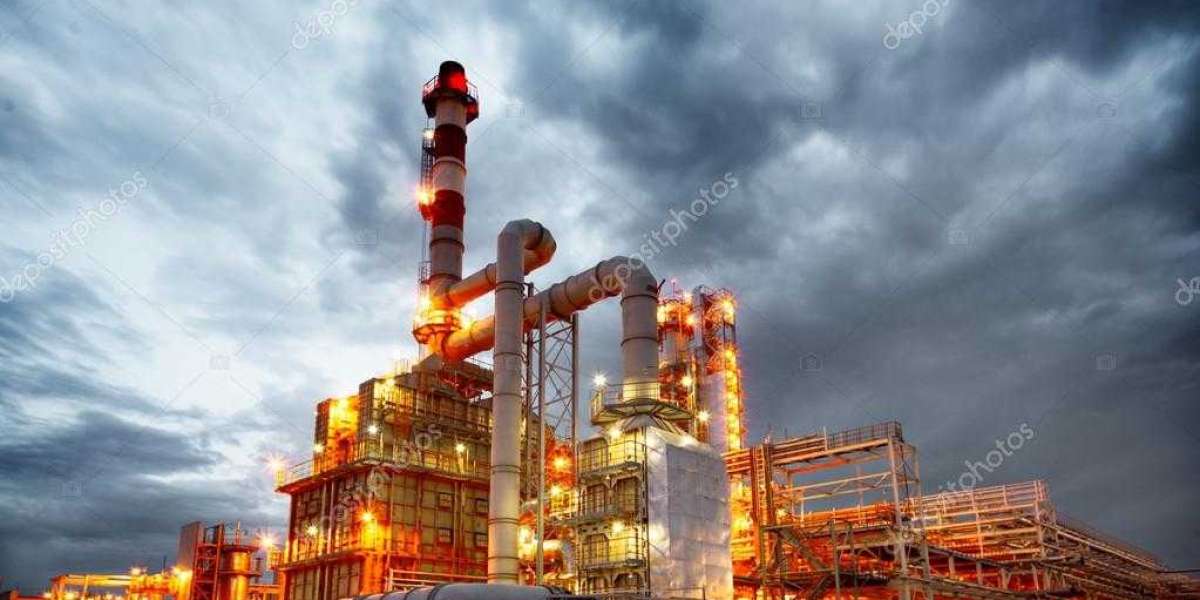The oil and gas industry is undergoing a significant transformation, driven by technological advancements, environmental concerns, and a shifting global energy landscape. These changes are reshaping the workforce, necessitating new skills and training programs to prepare employees for the future. As the industry evolves, so too must the capabilities and competencies of its workforce. This article explores the key trends in the oil and gas workforce, highlighting the essential skills and training required to navigate the challenges and opportunities ahead.
Emerging Trends in the Workforce
The oil and gas industry is increasingly reliant on digital technologies, which are revolutionizing traditional operations. Automation, artificial intelligence (AI), and big data analytics are becoming integral to exploration, production, and maintenance activities. As a result, there is a growing demand for professionals skilled in these technologies. Data scientists, AI specialists, and automation engineers are now as critical to the industry as geologists and petroleum engineers once were.
Moreover, the industry's shift towards sustainability and reducing carbon emissions is driving the need for expertise in renewable energy integration and environmental management. Professionals with knowledge in carbon capture and storage (CCS), renewable energy systems, and environmental science are becoming invaluable. This trend is indicative of the broader energy transition, where oil and gas companies are diversifying their portfolios to include greener energy sources.
Another significant trend is the need for enhanced cybersecurity measures. With the increasing digitization of operations, the industry is more vulnerable to cyber threats. Cybersecurity experts are essential to protect critical infrastructure and sensitive data from potential attacks. This has created a surge in demand for professionals skilled in cybersecurity and information technology.
Skills for the Future
To thrive in this evolving landscape, the oil and gas workforce must develop a diverse set of skills. Technical proficiency in digital tools and platforms is paramount. Employees must be adept at using advanced software for data analysis, predictive maintenance, and automated control systems. Familiarity with AI and machine learning algorithms will also be crucial, as these technologies become more embedded in everyday operations.
Environmental literacy is another essential skill. Understanding the principles of sustainable energy practices and environmental regulations is increasingly important. Professionals must be able to implement and manage green technologies and ensure compliance with stringent environmental standards. Soft skills, such as problem-solving, adaptability, and continuous learning, are equally vital. The fast-paced nature of technological change means that employees must be able to quickly adapt to new tools and processes.
Training and Development Programs
To equip the workforce with these necessary skills, oil and gas companies are investing in comprehensive training and development programs. These programs often include partnerships with educational institutions and technology providers to ensure access to cutting-edge knowledge and tools. On-the-job training, combined with formal education and certifications, helps employees stay abreast of the latest industry developments.
Many companies are also leveraging online learning platforms to provide flexible and scalable training solutions. These platforms offer a range of courses, from technical skills in AI and machine learning to modules on environmental management and cybersecurity. This approach allows employees to learn at their own pace and apply new knowledge directly to their work. Mentorship and peer learning are other effective strategies for workforce development. Experienced professionals can share their knowledge and insights with newer employees, fostering a culture of continuous improvement and innovation.
Conclusion
The oil and gas industry is at a crossroads, with technological advancements and the push for sustainability driving significant changes in workforce requirements. To navigate this transition successfully, companies must focus on equipping their employees with the right skills and knowledge. This includes technical proficiency in digital tools, environmental literacy, and strong problem-solving abilities. By investing in robust training and development programs, the industry can ensure its workforce is prepared for the future, capable of driving innovation and sustaining growth in a rapidly evolving energy landscape. As the industry evolves, so too must its approach to workforce development, embracing new trends and technologies to remain competitive and resilient. Exploring courses like those provided by Oil and Gas Courses in Kochi can offer aspiring professionals valuable insights and opportunities for professional advancement, facilitating their entry into this dynamic field.








